According to Ryan Steinberg, a urologist and lecturer at the University of Iowa (USA), contrary to popular belief, not all large stones cause pain. Any stone, no matter how small, if it blocks the urinary tract from the kidney can cause severe pain.
"Kidney stones are not just uncomfortable. Kidney stone symptoms can lead to emergency room visits, hospitalizations, and surgeries," said Gregory Tasian, a kidney stone specialist in the US.
Kidney stones also increase the risk of chronic kidney disease, bone fractures, high blood pressure and cardiovascular disease, according to USA Today (USA).

Kidney stones increase the risk of chronic kidney disease, bone fractures, and high blood pressure.
Photo: AI
According to the National Kidney Foundation, about 11% of men and 9% of women have had kidney stones.
What are kidney stones?
Kidney stones are hard deposits that form in the kidneys from chemicals in urine. These stones form when excess salts and minerals that cannot dissolve in urine stick together into small crystals that gradually accumulate into stones.
There are currently four main types of kidney stones: calcium oxalate stones, the most common type, uric acid stones, struvite stones, and cystine stones. The type of stone a person develops depends on the chemical imbalance in the body and any underlying medical conditions.
Stone size also varies greatly, averaging about 5-6 mm but some stones are so large that they take up the entire kidney.
Causes of kidney stones
Kidney stones are formed from very small crystals that adhere to the kidney wall. They can exist silently for a long time without causing symptoms.
Over time, these crystals accumulate and grow larger, moving down the ureter and blocking the flow of urine, causing pain, nausea, or burning sensation when urinating.
The root cause of this phenomenon is often due to the concentration of substances such as calcium or oxalate in the urine being too high, causing crystals to easily stick together and form stones.
A condition in which the urine contains high levels of calcium is called hypercalciuria. This can be caused by consuming too much salt, eating too much animal protein, the body absorbing more calcium than normal or by kidney dysfunction.
Meanwhile, hyperoxaluria can be caused by genetic disorders or by eating too many oxalate-rich foods such as spinach, chocolate, and nuts. Dehydration and obesity also increase the risk of oxalate buildup in the body.
In addition, certain medical conditions such as cystic fibrosis, inflammatory bowel disease, recurrent urinary tract infections, or the use of medications such as antacids or anti-seizure medications also contribute to an increased risk of kidney stone formation.

Drinking water is a simple and effective way to dilute the minerals in your urine, thereby reducing the risk of crystal formation and kidney stones.
Photo: AI
Prevention and treatment
According to top expert advice, you maintain a healthy weight, limit salt and processed foods, and make sure to drink enough water every day.
Drinking water is a simple and effective way to dilute the minerals in your urine, thereby reducing the risk of crystal formation and kidney stones.
Even when kidney stones have formed, most small stones can pass on their own or with medication.
In case the stone is too large, cannot be eliminated on its own or causes severe pain, you need medical intervention.
Source: https://thanhnien.vn/nguyen-nhan-gay-ra-soi-than-va-cach-dieu-tri-185250626014915175.htm


![[Photo] Panorama of the 2025 Community Action Awards Final Round](https://vphoto.vietnam.vn/thumb/1200x675/vietnam/resource/IMAGE/2025/11/15/1763206932975_chi-7868-jpg.webp)
![[Photo] General Secretary To Lam receives Vice President of Luxshare-ICT Group (China)](https://vphoto.vietnam.vn/thumb/1200x675/vietnam/resource/IMAGE/2025/11/15/1763211137119_a1-bnd-7809-8939-jpg.webp)


![[Photo] Prime Minister Pham Minh Chinh meets with representatives of outstanding teachers](https://vphoto.vietnam.vn/thumb/1200x675/vietnam/resource/IMAGE/2025/11/15/1763215934276_dsc-0578-jpg.webp)




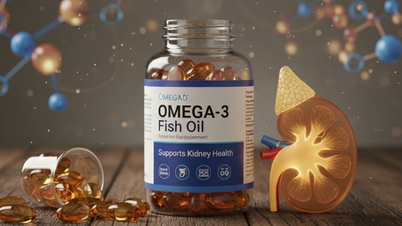

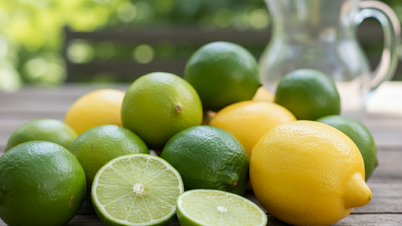
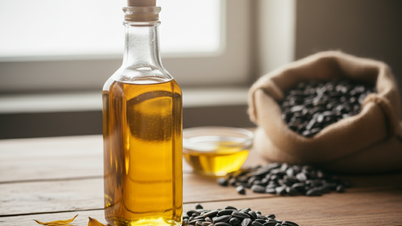
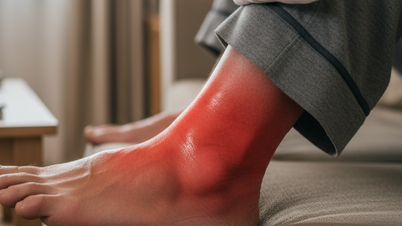
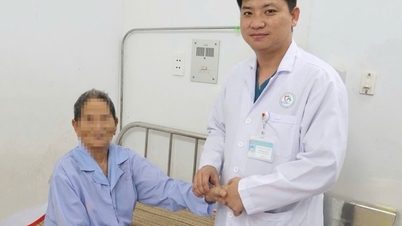



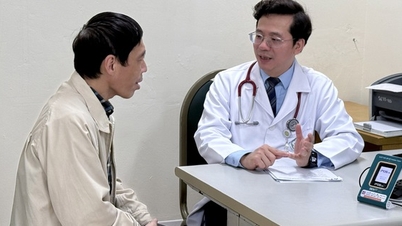
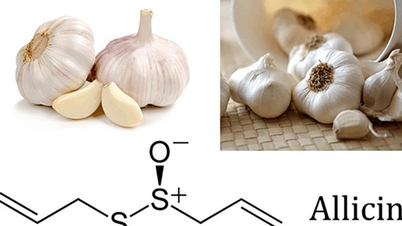







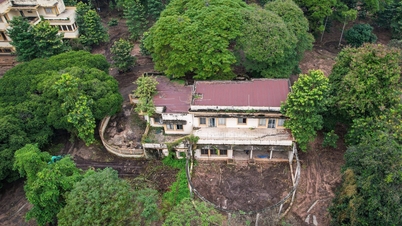












































































Comment (0)